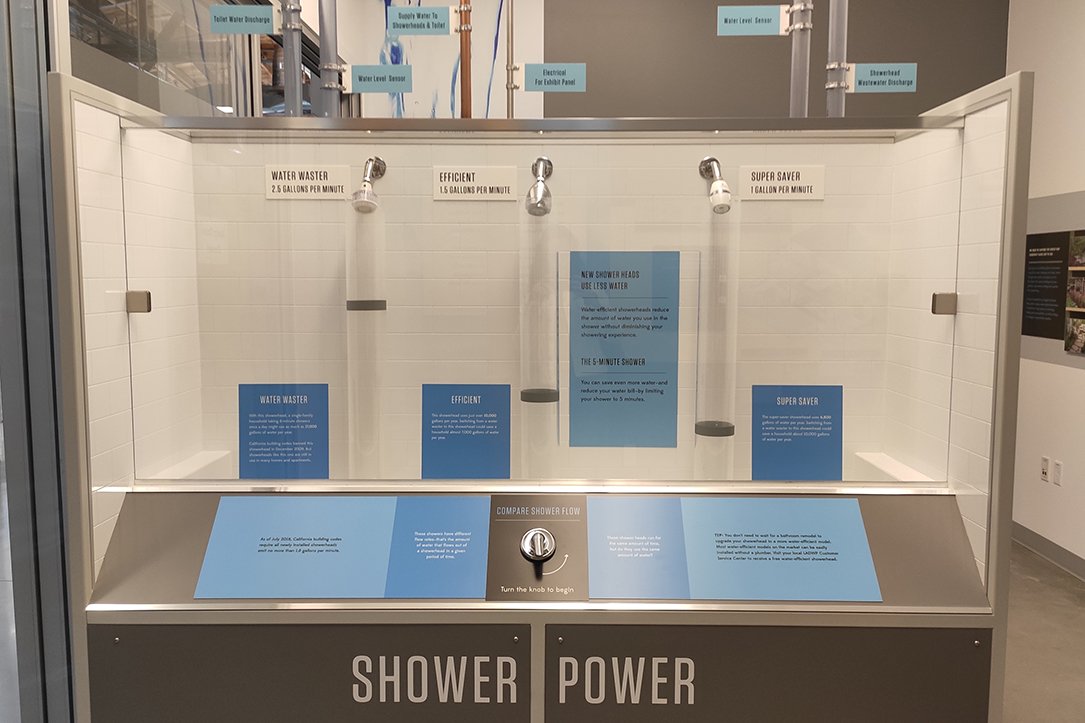Los Angeles’ road to water system sustainability
Fieldwork in LA
Los Angeles is one of the busiest and most bustling cities in the world, and its streets are inundated with small-scale sustainability-encouraging cafes, restaurants, shops, and other businesses. Historically drawn upon as an example of an unsustainable city, the ethos of the city has completely changed in recent years. This spirit of innovation also translates into the city’s larger infrastructure systems. Increasingly city-scale utility companies are also thinking about how they can encourage experimentation to increase the sustainability of its water supply systems. Could the city soon be well on its way to sustainability, or does it still have a long way to go?
“Los Angeles has been coping with periodic droughts and water scarcity,” says Tessa Mauw, Urban and Economic Geography Master student at Utrecht University. She conducted fieldwork in Los Angeles (LA) between November 2019 and January 2020 to find out how experimental practices and spaces shape the broader governance of the transition towards a more sustainable water system. Her research forms part of the hub Transforming Infrastructures for Sustainable Cities of Pathways to Sustainability.
LA water utility
“My research focuses on experimentation within utilities, specifically the water utility of LA, the Los Angeles Department of Water and Power (LADWP),” Mauw says. “I examined how such experimentation is happening within utilities, how such experiments are upscaled or adapted more widely and how they shape strategic city visions.”

Creative space
The LADWP stimulates experimentation through funding programmes and initiatives like the LA Kretz Innovation Campus, a partnership with the Los Angeles Cleantech Incubator. The campus is a creative space where entrepreneurs, engineers, scientists, community members, and policy makers can promote, test and support the development of clean and sustainable water technologies. “As part of my research I interviewed CEOs and other employees of companies within the water sector, associated with the Innovation Campus and outside of the Campus,” Mauw says. As well as the CEOs, she talked to different stakeholders in the water sector, such as employees of LADWP, LA Sanitation, The Metropolitan Water District, the Mayor’s Office, and several non-profit organisations.
Benefits and challenges
Mauw’s preliminary research results show that LADWP is actively encouraging such experimentation. There are many benefits for organisations, such as start-ups, to partner with initiatives such as the LA Kretz campus: reduced costs, the peer-to-peer support of other experimental organisations, and the potential to upscale experimental technologies or ideas directly to the city level. Simultaneously, Mauw’s preliminary results indicate that there are many ongoing challenges. Promising innovations on a small scale have to go through rigorous testing phases to ensure they conform with broader rules and regulations. This can be a lengthy and sometimes bureaucratic process because water agencies have to be risk averse, they cannot adopt certain innovations when they have not been tested in multitude and proven to be working.
Different sides of the story
“I found it very interesting to hear both the benefits and challenges of experimentation within large-scale utilities,” Mauw reflects. “What surprised me positively during the interviews and while contacting potential interviewees was how open and helpful they were.”
The views and opinions expressed in this article are those of the author and do not necessarily reflect the views of research participants.

